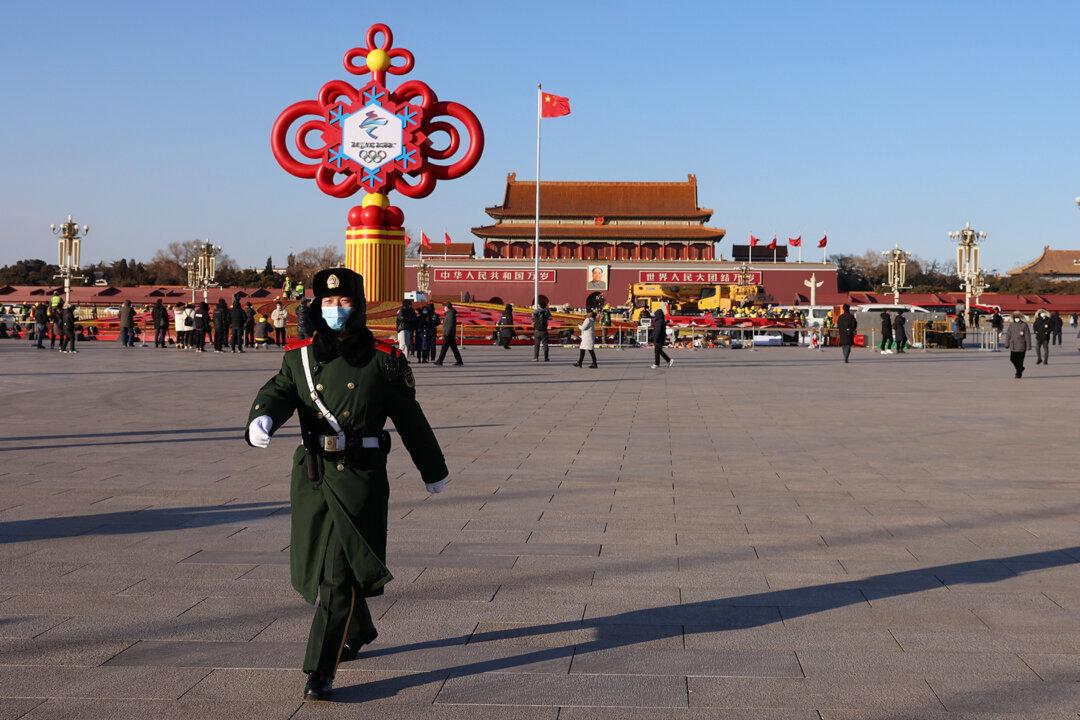Filmmaker Jason Loftus’s animated documentary “Eternal Spring” took two top awards following its North American premiere screening at the Hot Docs 2022 festival earlier this month.
Having already won double prizes at its world premiere at the Thessaloniki Documentary Festival in March, the film’s success and impact on audiences is a testament to Loftus’s unwavering resolve to continue production despite facing threats and intimidation from Chinese authorities while making the film.





